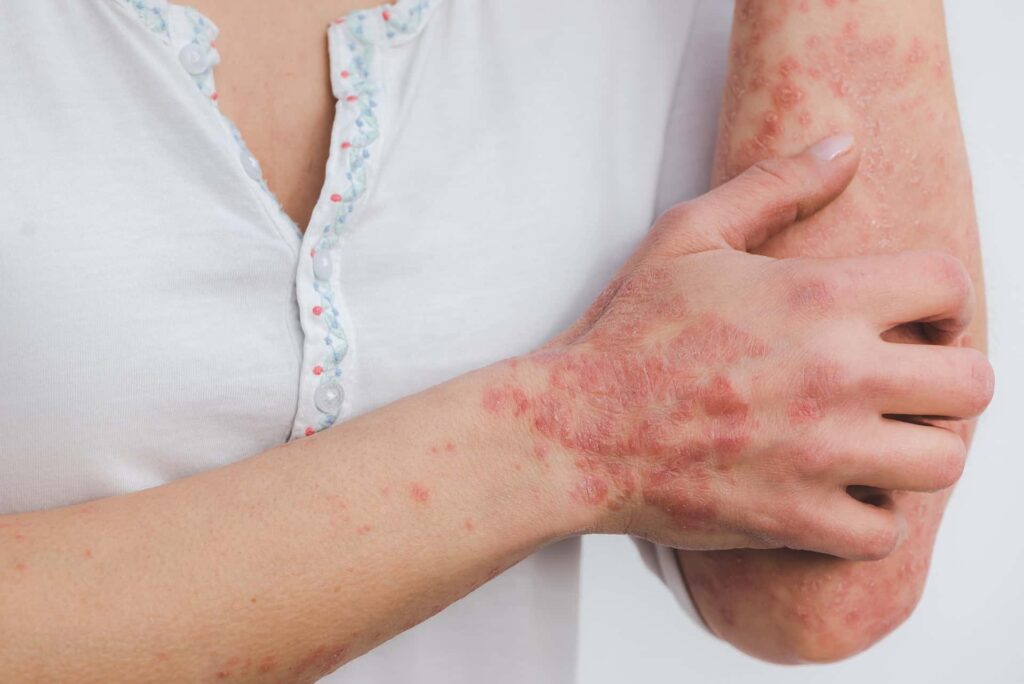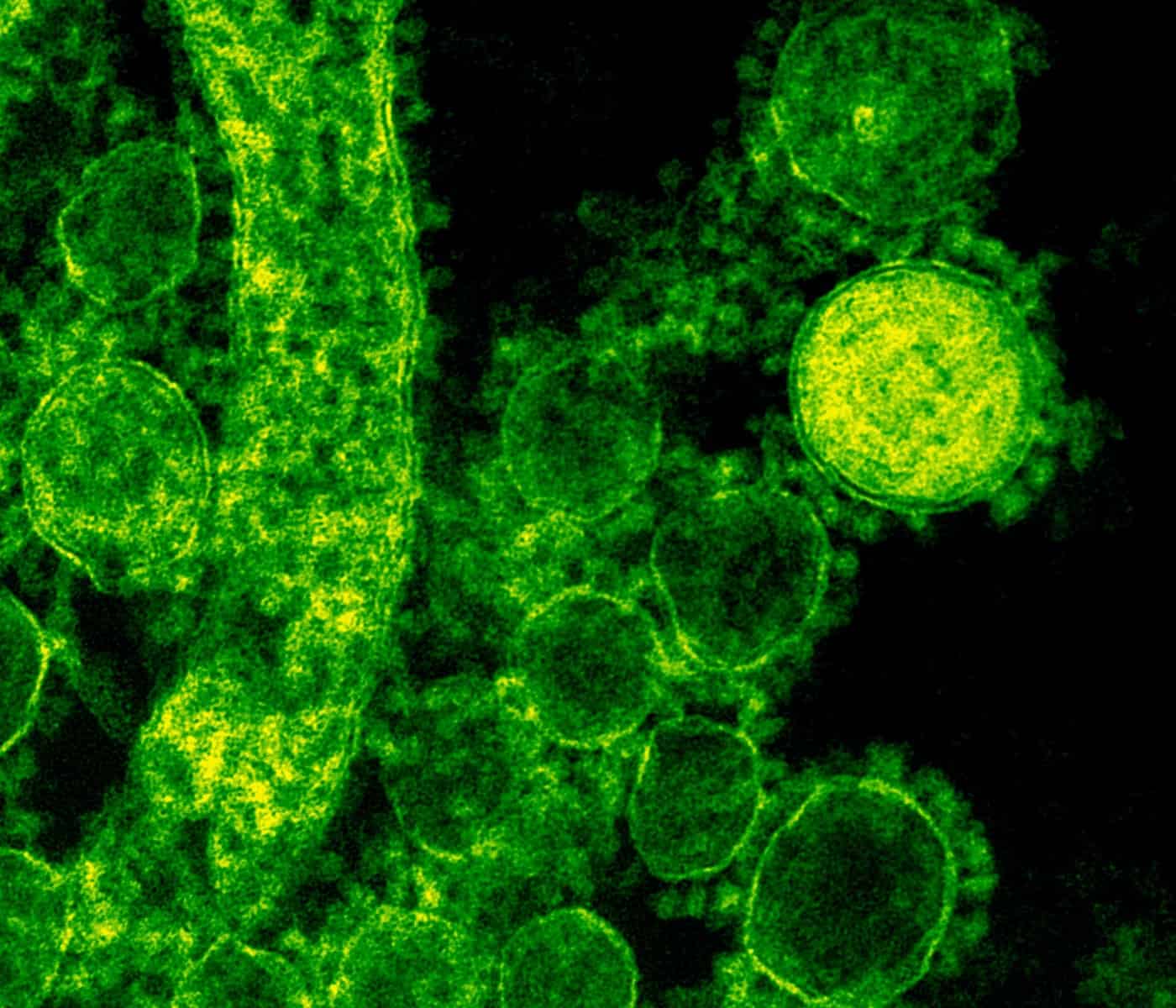Syphilis Uncovered: Understanding the Secrets of a Deceptive Disease
Admin
- 0

Contents
ToggleSyphilis:
Syphilis, an often misunderstood sexually transmitted infection (STI), is referred to as the “great imitator” due to its ability to mimic symptoms of various other diseases. While syphilis is treatable, it can lead to severe health complications if left untreated. In this article, we will delve into the causes, symptoms, diagnosis, treatment, and prevention of syphilis, shedding light on this complex infection.
Origins and Transmission:
Syphilis is caused by a bacterium called Treponema pallidum and is mainly spread through sexual contact, such as vaginal, anal, and oral intercourse. It can also be passed from an infected pregnant woman to her unborn child. The bacterium enters the body through open sores or mucous membranes, which makes it highly contagious.
The Stages and Their Symptoms:
Syphilis manifests in various stages, each characterized by unique symptoms. However, it’s important to note that symptoms may not always be present, complicating the identification of the infection. Let’s explore the different stages and their associated symptoms:
1. Primary Stage
. Painless sores or chancres appear at the site of infection (e.g., genitals, anus, lips).
. These sores usually heal within 3 to 6 weeks, even without treatment.
2. Secondary Stage
. A widespread rash emerges, often including the palms of the hands and soles of the feet.
. Fever, fatigue, swollen lymph nodes, and sore throat may accompany the rash.
. Additional symptoms can include patchy hair loss, headaches, muscle aches, and weight loss.
3. Latent Stage
. No visible symptoms occur during this stage.
. Syphilis remains present in the body but does not actively cause symptoms.
. The latent stage can persist for years if left untreated.
4. Tertiary Stage (Late Syphilis)
. Late-stage syphilis can lead to damage in the heart, brain, nerves, bones, and other organs.
. Neurological symptoms, such as paralysis, numbness, and dementia, may arise.
. Severe complications can include blindness, deafness, and mental health issues.
Also Read: Top 10 Complications of Autoimmune Diseases
Diagnosing Syphilis:
Healthcare professionals use different tests to diagnose syphilis, including:
1. Blood Tests
. Nontreponemal tests (e.g., Venereal Disease Research Laboratory – VDRL, Rapid Plasma Reagin – RPR) detect antibodies produced in response to syphilis infection.
. Treponemal tests (e.g., Treponema pallidum particle agglutination – TP-PA, fluorescent treponemal antibody absorption – FTA-ABS) directly detect the presence of the bacterium.
2. Fluid Sample Testing
. Samples from sores or chancres can be examined under a microscope or subjected to a DNA test (e.g., polymerase chain reaction – PCR) to detect Treponema pallidum.
Treatment Options:
Syphilis can be successfully treated with antibiotics, commonly penicillin. These medications are powerful enough to eliminate the infection and help you recover. During treatment, it’s crucial to abstain from sexual activity until the infection is completely cured. Regular follow-ups and additional testing may be necessary to ensure the eradication of the infection
Also Read: Hormone Imbalance Uncovered: Causes, Effects, and Natural Solution
Prevention Strategies:
Prevention is important to stop syphilis from spreading. Here are some preventive measures:
1. Safe Sexual Practices
. Consistently and correctly using condoms during sexual intercourse significantly reduces the risk of transmission.
. Limiting sexual partners and being aware of their STI status also help minimize the risk.
2. Regular STI Testing
. Undergoing regular screenings for syphilis and other STIs is crucial, particularly for sexually active individuals.
. Early detection allows for prompt treatment and prevents further transmission.
3. Prenatal Care
. Pregnant women should undergo routine syphilis testing early in their pregnancy to prevent transmission to their unborn child.
. If a pregnant woman tests positive, timely treatment can prevent congenital syphilis in the baby.
Note:
Syphilis, known as the “great imitator,” is a sexually transmitted infection that can lead to severe health complications if left untreated. Recognizing the symptoms and seeking timely medical care are vital steps. Regular STI testing, practicing safe sexual habits, and prioritizing prenatal care are crucial for preventing and controlling the spread of syphilis. By increasing knowledge and awareness, we can protect our sexual health and overall well-being.
FAQs
What is Syphilis?
Ans. Syphilis is a contagious sexually transmitted infection caused by the bacterium Treponema pallidum. It spreads through sexual activities such as oral, vaginal, or anal sex. Syphilis can manifest as sores, rashes, fever, and body aches. If left untreated, it can lead to severe health issues. It’s essential to prioritize safe sex practices and undergo regular testing to protect yourself and maintain good sexual health.
What is syphilis caused by?
Ans. Syphilis is caused by a bacterium called Treponema pallidum, which spreads through sexual contact.
What are four signs of syphilis
Ans. Four common signs and symptoms of syphilis include sores or ulcers, rash, fever, and body aches. If you notice any of these symptoms, it’s important to seek medical attention for testing and proper treatment.
Is syphilis easy to cure?
Ans. Yes, syphilis is generally easy to cure with appropriate treatment, typically involving antibiotics. It’s important to seek medical attention promptly for diagnosis and treatment to effectively eliminate the infection and prevent further complications.


